Everything You Want to Know About Probiotics
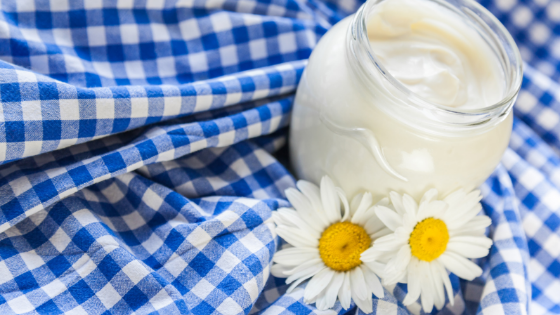
Some of the links in my blogs may be affiliate links. See my disclaimer page for more information.
What are probiotics and how will they benefit you if you start taking them today? When you have problems with your digestive health, you might have heard the word ‘probiotics’ being thrown around. Or maybe you have been on a course of antibiotics and heard your friends and family, say, “Don’t forget to take probiotics”. But what are probiotics and why are they so important for a healthy gut?
Probiotics are live bacteria that are good for your health but especially good for your digestive system. Did you know that probiotics have actually been in our systems from the day we were born? When a brand new baby is being delivered, it is exposed to its
mother’s bacteria in the birth canal. Already this event has started a whole chain
of events in the baby’s gastrointestinal tract, and already the baby’s
gastrointestinal tract is starting to produce good bacteria.
When we think of bacteria we think about how they cause diseases and about how harmful bacteria can be which is true for the bad bacteria. The bacteria found in probiotics are “good” bacteria and are helpful to your body – most specifically, your gut. They will help the food go through your gut properly.
Adding probiotics into your lifestyle makes your body healthier and helps it function more efficiently. Consumption of probiotics has been shown to help relieve symptoms for many sicknesses. They have also helped to make people feel better and make their systems work better.
Benefits of Probiotics
In recent years, new information has been released to show the benefits of taking
supplements like probiotics. The human body is an organism that relies on hundreds of
other types of single-celled organisms to survive and function on a healthy level. These
small organisms can carry complex pieces of information to specific parts of the body. But some of them are harmful to people if they begin to replicate themselves too quickly.
To combat this without introducing drugs, a natural course to you can try is to take probiotics.
Helps Skin Conditions
You might not know this, but digestive health plays a massive role in skin health. This is
because the stomach contains many bacteria. Many of these bacterial agents are
good for the body while some of them are harmful. This is a normal state for the body,
but when the bad bacteria build to high levels, the weakened body may begin to
experience ill effects. This often manifests in the form of acne, which is really just
bacteria running wild in your pores. Some people have also seen improvements in other skin conditions such as Excema and Rosacea while taking probiotics.
Immune Functions
The good bacteria in your digestive tract serves multiple purposes. One of the main
purposes is to protect your body from foreign organisms that can make you sick, like the
millions of germs that you come in contact with in public each day. When you don’t have
enough of the good bacteria., your body can become sick easier, and you could become
subject to food poisoning in cases where you ordinarily would be fine. And with all the recalls and foodborne illnesses these last few years you don’t want to take your chances!
Combat Bacterial Inflammation
In many of the chronic illnesses like Crohn’s disease and IBS, the inflammation of the
bowels are caused by an abundance of harmful bacteria that are continuously
multiplying and attacking the tissues of your intestines. Many of these negative effects
can be combatted by taking probiotics. The bacteria in probiotics do this by breaking down the cellular walls of harmful bacteria to kill them. Wondering if your symptoms are pointing to a digestive disorder? Check out my blog: Do you have these Signs of Digestive Problems?
Protects Against Bacteria in Food
Food isn’t only cooked because it tastes good that way. It’s also cooked because it
helps to kill off harmful bacteria so that it’s easier for the bacteria in your stomach to
fight off what is left over. Bacteria are everywhere! You will usually stay healthy as long as you keep the bacteria that you need in the gut healthy.
Helps Your Urinary Tract Health
To help your urinary tract system working properly, the intake of probiotics is important. Probiotics will help prevent any bacteria from invading and damaging your urinary tract system.
Getting a urinary tract infection can be painful and uncomfortable and means having to go to the doctor. They’ll prescribe antibiotics but there’s always a chance that it will return. By adding probiotics to your diet, you can stop it from recurring. Not only do the probiotics ward off any infections, but they also help the system to maintain the good bacteria.
Probiotics Benefit the Reproductive System
Sometimes a woman’s normal bacterial flora may get off balance. This can lead to an increase in urinary tract infections described above as well as vaginal issues. When not taking a wholesome amount of probiotics, women can experience yeast infections and bacterial vaginosis. Pregnant women are at an even greater risk of getting vaginal infections, which puts them at risk of having premature labor.
Prenatal health
Probiotics should be used by expecting mothers because they are very helpful to unborn babies. The use of probiotics while pregnant provides the baby with vital health benefits. Some of those health benefits include less of a chance of getting eczema and inflammation of the skin. There is also a decreased chance of having allergies.
Fight obesity
When wanting to lose weight, you should add probiotics to your diet. This is because by adding probiotics, you can help boost your usual bodily functions that can help to stimulate weight loss naturally.
Probiotics Help With Even More
Some people taking probiotics have seen improvements in the prevention of allergies, and maintaining oral health. Studies have also shown that while taking probiotics, there is an increase in the efficiency and function of the brain.
With the right amount of probiotics in your system, it makes it harder for any harmful bacteria to make their way into your body and make you sick. Just look at the graphic from Houston Methodist’s Research below.
We Didn’t Always Need to Take Probiotics
Years ago, when processed foods and fast food joints weren’t the rage, our diets
had plenty of probiotics in them. The soil too was clean, fresh, and healthy.
The Nobel Prize winner back in the day, the Russian Elie Metchnikoff claimed that a
person’s health could be enhanced and any senility delayed by being able to
manipulate the intestinal microbiomes with the friendly bacteria that is found in
yogurt.
But now with modern agricultural and refrigeration methods, a lot of our
foods have no probiotics in them at all. The sad thing is that most of the foods
eaten today contain some very dangerous antibiotics in them that kill off what
good bacteria you have in your body.
A lot of health issues today, such as inflammation, chronic fatigue, psoriasis,
thyroid imbalances, joint pains, and autism have their connections with the way
our gut works.
The National Institute of Diabetes and Digestive and Kidney Diseases,claim that there are between 60-70 million American people who suffer from digestive diseases. These medical problems cost the US over $100 billion every year. Staggering statistics for sure. Not all realize that poor gut health has been affecting even more numbers than what statistics will say. Digestive health even affects the physiological system of your body.
What Happens When the Bacteria in Your Body is Off Balance
The bacteria in your body can get off balance. This can be caused by the intake of antibiotics. This is because antibiotics don’t just destroy bad bacteria, they can also destroy good bacteria. Unfortunately, I experience this recently myself.
I was hospitalized a couple weeks ago with the flu that developed into pneumonia. I was given antibiotics through IV. My digestive system was messed up! I went from days of constipation to days of diarrhea. Taking probiotics can help to keep the bacteria in your body balanced. I wished I had taken my probiotics with me to the hospital. I would have been able to offset the imbalance. Here is an unflattering picture of me at the hospital.

Here are some parts of your body that may be affected by the imbalance of the bacteria, as well as the symptoms caused by the imbalance of bacteria.
Intestinal Bacteria
The majority of the bacteria is found in the large intestine where important functions are done. Bacteria like Bacteroides, Bifidobacterium, and Blostridium help to stimulate the digestion of food and absorption of nutrients. These bacteria can destroy toxic digestive by-products and can synthesize vitamin K. When your colon contains healthy colonies of bacteria, the colonies prevent the growth of pathogenic bacteria in the food you eat.
The Colon
In some situations, the good bacteria in your colon may die. As mentioned, this occurs when you take antibiotics. The amount of good and bad bacteria in your colon is then off balance and the pathogenic organisms can grow out of control. You will then experience diarrhea. When you have diarrhea, your colon fails to absorb the water as it should, resulting in a loss of fluids. Digestion is usually impaired causing you to lose electrolytes, proteins, and vitamins. This puts you at risk from being dehydrated as well.
The Small Intestine
Usually, the healthy bacteria in your body is present in your colon with only a few in your small intestine. But if you have Crohn’s disease or diabetes, you might suffer from an overgrowth of microorganisms in your small intestine. This can cause some very serious digestion problems.
Bad bacteria in your small intestine needs nutrients to grow. This interferes with the absorption and then destroy cells in your small intestine. This situation causes diarrhea because of the interference with digestion. You will have abdominal discomfort and if this persists, weight loss and malnutrition can occur.
Remedies
If the good and the bad bacteria in your body become off balance, there are things you can do to relieve pain and symptoms. If you are experiencing digestive problems, it is recommended that you take probiotics and prebiotics.
Probiotics contain live cultures of bacteria similar to the healthy types that inhabit your colon. Prebiotics can also help to correct the imbalance of bacteria in your body and this will, in turn, correct your digestive tract.
Your body warns you when something is wrong. So if you have any difficulties digesting food, your body is trying to tell you something. Be sure to listen to it. Check out my blog What You Need to Know About the Top 5 Digestive Disorders for more about digestive problems. Add probiotics to your diet because it will help to correct any imbalances of bacteria in your body.
Types of Probiotics
There are different types of probiotics. Here is a list of the most beneficial bacteria:
Lactobacillus Acidophilus
This type of bacteria lives in many parts of your body. The most common place is your small intestine, vagina, and oral cavity. It helps to ensure your vagina does not get an overgrowth of microorganisms and it’s responsible for the pH scale of the vagina to be slightly acidic.
This bacteria has also been known to boost immunity. Because of all the benefits it has, it is used in food supplements. It is also found naturally in foods like yogurt, tempeh, and miso. This type of probiotic can help with diarrhea and may help people who cannot digest lactose.
Bacillus Subtilis
This helps to normalize gut motility and metabolic functioning. It is found in foods like yogurt, cheese, milk, ice cream, and fermented soybeans.
Bifidobacterium Animalis
This type is found in the large intestines of both humans and animals. It aids in the digestion process. If you are constipated or have irritable bowel syndrome, you can take this in supplemental doses to ease and improve the symptoms.
Streptococcus Thermophilus
This type of bacteria can strengthen immunity and the function ability of the gut. It can be obtained from dairy products like cheese.
Lactobacillus Reuteri
This type is found in maternal breast milk and will become a permanent part of the gut flora. It can also be found in foods like cheese and yogurt.
Prebiotics
It might also help to consume prebiotic supplements. These contain indigestible carbohydrates which good bacteria use as food. I will be writing a blog about Prebiotics in the near future and will share that here when I do.
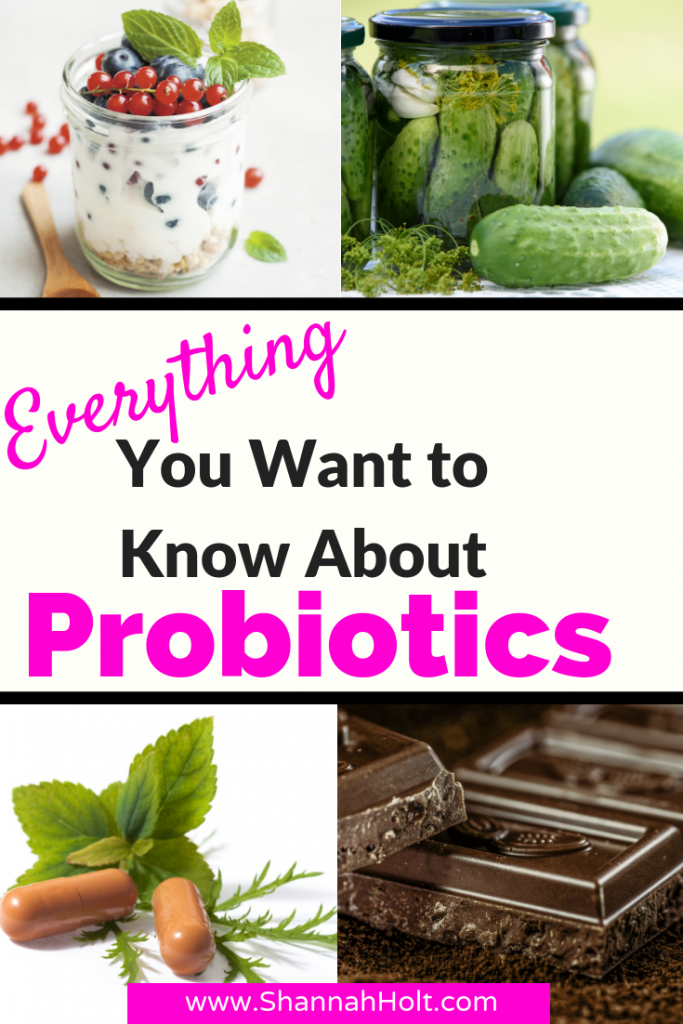
Foods Containing Probiotics
Because probiotics have so many health benefits attributed to them, it only makes sense to add foods rich in probiotics to your daily menu. Be selective when purchasing probiotic-enriched foods. The only foods with probiotics are fermented foods. However, food manufacturers have recently started putting beneficial “bugs” into everything they make.
Those foods include things like cereal, bread, and snack bars. When probiotic cultures are separated from their original source and then added to processed foods, the benefits of the probiotics do not transfer. Extreme temperatures can kill any healthy bugs too, so the advantages of probiotics when added to things like ice cream, become debatable.
Yogurt –
This is one of the most familiar sources of probiotics. When buying yogurt, look for the ones saying “live and active cultures.” Also look for lower sugar content, no high fructose corn syrup, and no artificial sweeteners. Stevia is ok since it is a natural sweetener from the stevia plant. So yogurts like Yoplait or Gogurt are not what you are looking for! Making your own yogurt is a great option too! Check out my blog The Best Gut Health Foods & What to Avoid as I shared what you need to make your own at home.
I prefer Greek style yogurt since it is also higher in protein and a little thicker. While most yogurts are beneficial, ones made from goat’s milk are the highest in probiotics, like Thermophiles, Difudus, Bulgaricus, and Acidophilus.
Kefir
This fermented dairy product is very similar to yogurt. It’s a combination of goat’s milk and fermented kefir grains. Packed with high amounts of Lactobacilli and Bifidus bacteria. This goat milk and kefir grain mixture is also rich in antioxidants and tastes really good!
Sauerkraut –
Sauerkraut is usually made from fermented cabbage. Although some types have other vegetables included too. This is naturally high in probiotics. It is also a good anti-allergen and source of the vitamins B, A, E, and C. No wonder it tastes so good atop a bratwurst! Eat the unpasteurized sauerkraut because pasteurization will kill the active and good bacteria.
Cheese –
This acts as a carrier for probiotics. Eating cheese can help to boost your immune system.
Sourdough bread –
This is the best bread for you to eat because this bread helps the most with digestion.
Sour pickles –
Eating pickles without the use of vinegar in the pickling process is the best. Instead, look for pickles with a sea salt and water solution. This type of pickle will help feed the growth of good bacteria and will help with digestion.
The less commercialized the pickle is, the better it is for you. But no matter the type of pickle, there is almost always some microbial value.
Tempeh
Instead of eating meats or tofu, try substituting them with tempeh. It’s a fermented, probiotic grain made with soybeans. There are also many ways to eat it. You can crumble the tempeh up and put it on salads, it can be sautéed, or it can be baked. Look for the brands that are free of GMO’s.
Poi
This Hawaiian food is filled with bacteria (even more than yogurt). It hasn’t officially been recognized as a pro-biotic food but since has so much good bacteria in it, it can be classified as a probiotic.
Dark Chocolate
In addition to being chock full of anti-oxidants, some of these tantalizing tidbits can contain up to four times more probiotics as many types of dairy. Now you have a healthy reason to indulge in chocolate (in moderation)!
Spirulina
If you have never heard of this food, you’re not alone. However, you should try it as it is proven to increase the amount of Lactobacillus and Bifidobacteria in the digestive tract. It is made from blue-green algae found in both salt and fresh water. Spirulina can be taken as a tablet or added to food as a powder.
Miso Soup
It is a staple of Japanese medicine, it’s commonly used in cooking to regulate the digestive system. Just a tablespoon added to hot water makes a nutrient-rich soup full of Lactobacilli and Bifidus bacteria.
Kimchi
Another fermented product of the Far East, this is a spicy and sour dish. It is made from cabbage and commonly served as part of Korean meals. The probiotics in kimchi help combat aging, maintain healthy levels of cholesterol and strengthen the immune system.
Kombucha Tea
While many foods rich in probiotics are foods, this one is a drink. It has been used for centuries in the Far East as a method to increase energy, enhance mood, boost the immune system, and lose weight along with stabilizing your digestive system. It is made from tea, sugar, clean water and a symbiotic culture of bacteria and yeasts.
Buy and Store Any Probiotic-Rich Foods in Glass Jars
Don’t put your probiotics in a metal tin. The aluminum used in the tin can interfere with the lactic acid in fermented foods and create toxins. You also should never put your probiotics in soft plastics because loose chemicals could push their way into your food.
Chill the Probiotics
After you open the probiotic food, place it in the refrigerator. If you keep your probiotics chilled, you can help prolong the life of the probiotic. If you place the food in the refrigerator, useful bacteria can multiply on the food as long as the container is not contaminated in any way. Live supplements can survive weeks, even months, in the refrigerator. They’ll survive even longer if they’re freeze-dried.
Eat Less Junk Food
Processed foods contain ingredients that irritate the gut, which makes it hard for the good stuff to flourish. An occasional cookie won’t do you any harm, but if you have junk food every day it can inflame the gut’s lining. Eventually, the bad bacteria will rule the roost. This weakens stomach acid, which will slow the nutrient absorption and concentrate bile. This can then prevent the necessary evacuation of toxins. The result is an increase in your risk of nutrient deficiencies and hormone-related cancers.
How to Choose Probiotics?
If you go to your local Walmart or pharmacy you will see at least ten different brands of probiotics to choose from so which one is better? Unfortunately, probably none of them.
Quality & Reliability
You will need to make sure you choose high-quality supplements from a reliable source. This is because some supplements, especially the ones you find local or online, aren’t always as genuine as they say they are. Low-quality supplements also contain far less probiotics than they should.
Read the Label
It’s important to read the probiotic label so you know exactly what types of probiotics are in the product. All labels should include:
- The species and strain of the microorganisms. Many labels only include the species, but the different strains provide different benefits.
- The number of organisms in a single dose and how often you should take it. Choose one with at least six strains and five billion colony-forming units (CFU). This is because the gut contains 30-40 strains. The more strains, the happier and healthier you will be.
- Storage information. The label needs to tell you the best storage for the probiotics. Always keep your probiotics away from heat and moisture.
- Certified for purity and potency. The Food and Drug Administration (FDA) does not regulate most probiotics. This means that the number of bacteria stated on the container may not be accurate. Always be sure that everything has been tested.
- Encapsulated pills ensure that the bacteria can survive through the acidity in your stomach and be able to reach your colon.
Probiotic I Recommend
I take a probiotic that has a few very unique strands of good bacteria that isn’t found in many other probiotics. These strands help your body to create its own B Vitamins. Has your doctor ever told you that you need a B vitamin? You can take care of that along with your gut health by trying the Probiotic that I use. It is called Pribio IQ from Solle Naturals. You can get it free when joining in my Fresh Start Detox.
What is the Best Time to Take Probiotics?
First, let me start out by saying that taking a probiotic any time of day is better than a specific time that you forget. So if there is a particular time of day that you won’t forget go with that.
The best time to take probiotics is before bed on an empty stomach. Your digestive system heals itself overnight while you are asleep. Probiotic will aid that process.
Some Final Thoughts…
As human beings, we tend to consume a lot of sugars and grains. The best source of probiotics come from naturally fermented foods. These foods should always be your first choice. But with that said it is hard to eat what you are supposed to right? And even when you are eating all the right food all day long it still may not be enough. This is especially true if you have any digestive issues.
Having an imbalance of good and bad bacteria can lead to some pretty serious illnesses. If you’ve eaten lots of junk food in your life, especially every day, your gut could be in danger of having an imbalance. But, your gut could also be in danger because of the usage of antibiotics. Antibiotics can attack the good bacteria in your body, causing an imbalance.
There are things you can do to treat any damage done, though. This will prevent anything going seriously wrong in your body. Probiotics is a very important thing that you can start adding to your diet. They don’t just prevent you from getting diarrhea from traveling. They can also correct any damage junk food and antibiotics may have done to the good bacteria in your body.
You may not think that your gut is important, but it is. It plays a big role in keeping you healthy. Take good care of yourself. By taking probiotics, you can do that. Are you currently taking probiotics? If not, will you be starting soon?
Think you may need a detox? Take my Toxic Load Quiz to see how you score and what it means today.
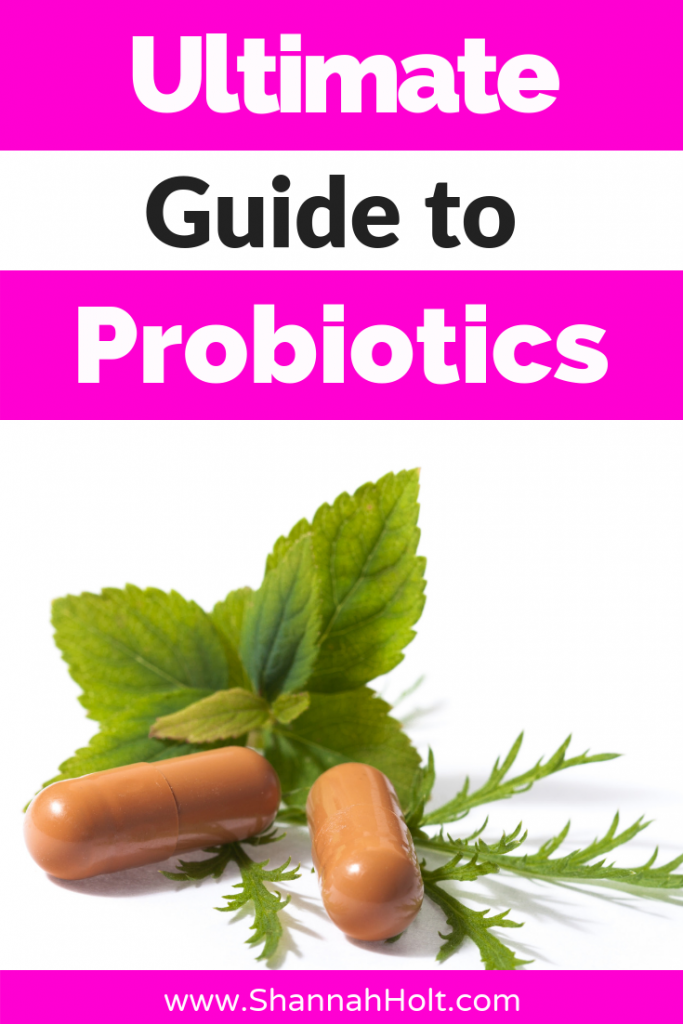
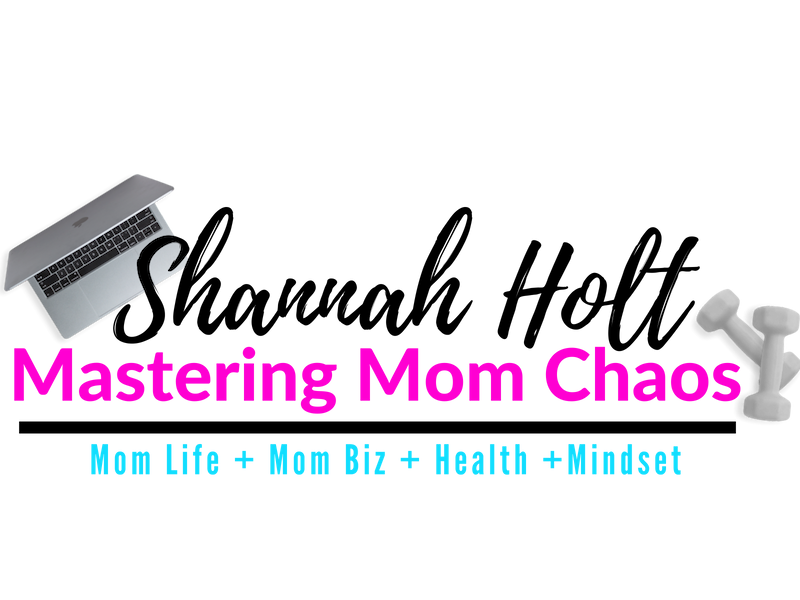


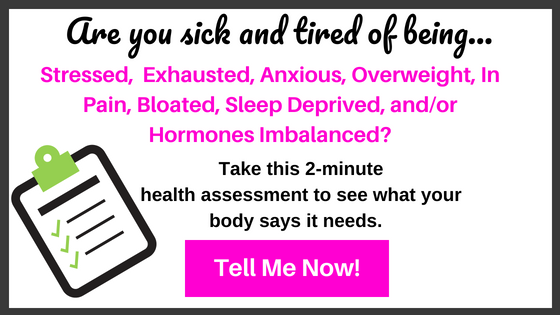

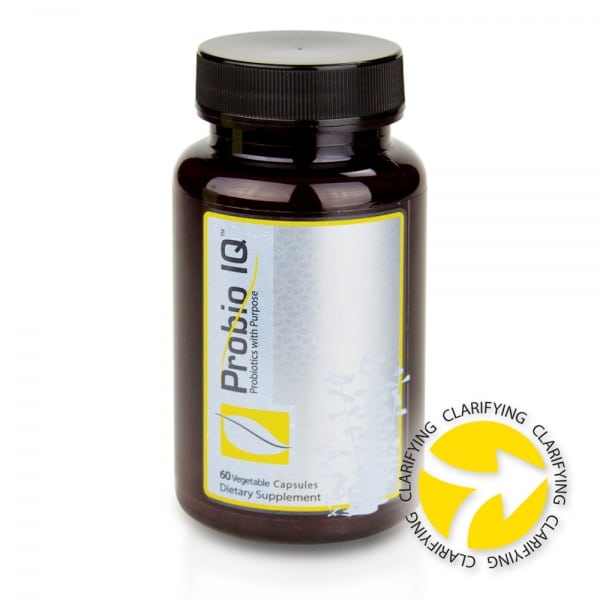




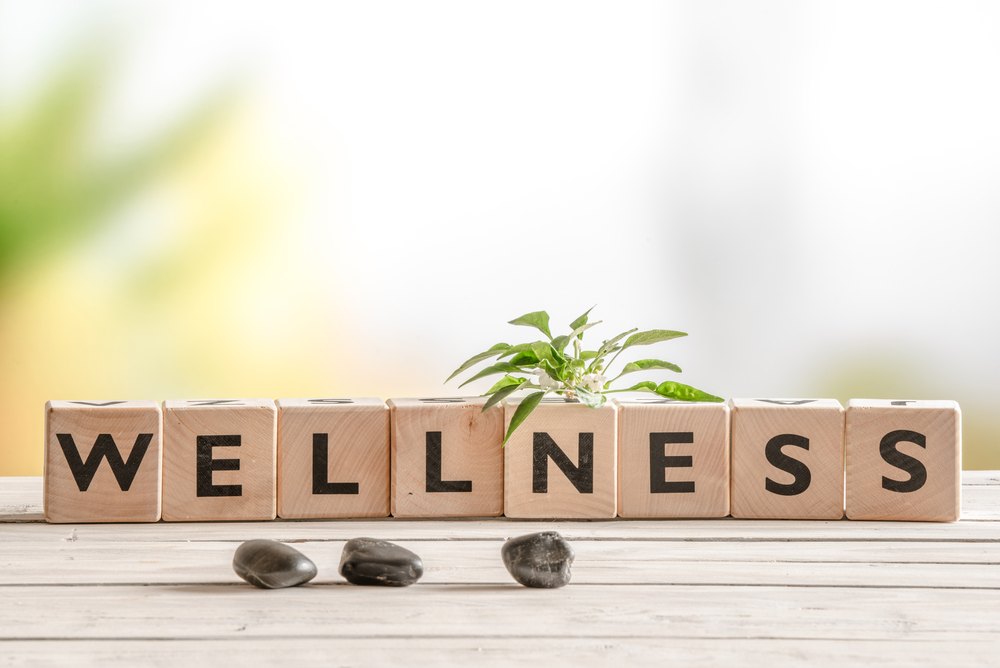

I had no idea that probiotics helps skin do better, but I am not surprised. I knew it was good for something and now I know what all for! Thanks for sharing valuable info.
Woww!! I have heard some things about probiotics but had no clue they do all that! Looking into getting them for myself!! I have the flu as I write this blahh! Could use them now! Great post!
It’s funny that I found this post today because yesterday I was wondering what the deal with probiotics was! You hear about them a lot. Now I know! Thanks for the great info.
This is a great post with a lot of useful information. I just started taking probiotics for my gut health, but I didn’t know it had all these other benefits. Thank you for sharing.
Love this! I’m a wee bit obsessed with prebiotics & probiotics and this is a great explanation of why they’re so important 🙂
Lot’s of great info. The good bacteria are so important, researchers are learning more and more about the important role that the “gut biome” plays in the immune and many other bodily systems. Thanks for sharing your own experiences.
“trillions of friends you never knew you had” I liked that in the infographic. It’s amazing how important it is to have a healthy gut. Probiotics are definitely a good investment for your overall health, especially a GOOD HIGH-QUALITY one 🙂
Wow, I’m shocked to see how many parts of your body are affected by an imbalance in bacteria. As if we women don’t need to worry about enough already! I think I’m going to try them and see if they help my digestive issues any. That would be most excellent!
What a great post! I am only recently paying more attention to gut health and its effects on EVERYTHING! Menopause seems to just sllllooooowwww dddooooowwwnnn everything! Probiotics have helped me immensely! I had no idea that dark chocolate was included in that list of fermented things! WIN!!
My daughter had CDifficile toxin when she was an infant after a heavy round of antibiotics for meningitis. I had no idea that probiotics could help prevent that infection. It is especially harmful in infants and older adults so that makes it even more important to get those probiotics and pre-biotics in!
Holy cow! What a comprehensive and thorough piece. Thanks so much for sharing! I’ve always been a big fan of sauerkraut, kimchi, and kefir…just made a more recent discovery of kombucha (LOVE!)…but I had no idea that sourdough bread contains probiotics! Mind blown! (BTW, it’s one of my favorite breads.)
I’d love to start incorporating more of these foods into my family’s diet. Thanks for educating me more about probiotics!
This was some amazing information and so helpful! I will definitely be starting a probiotic ASAP! Thanks for the knowledge!
Wow this is a lot of good information- everything I need to know about probiotics! I’ve been debating trying probiotics with my ten month old to help with digestive problems and after reading I’m definitely going to give it a try. Doesn’t sound too expensive when you see all the great benefits.
I’ve known for a while how important probiotics are it’s great that you provide sources of where you can find it in foods, great post!
Wow, I don’t think I knew all the benefits of probiotics until reading this informative post! I need to up my game and take them regularly!
Yep, I didn’t either until just a couple years ago. They have made a world of difference in our family hope you will as well!
Wow this post is so informative! I had no idea how important it is to take probiotics and even some of the foods that has it. Really enjoyed readying your post learned a lot!
Thank you I really appreciate hearing that! I didn’t know how important probiotics were a few years ago myself.
Interesting post. I knew very little about Probiotics before I read this. You’ve inspired me to give them a try.
Thanks for such a thorough explanation. I take a probiotic because i have some intestinal issues and my immune system sucks… and I don’t like any of the probiotic-rich foods. I will maybe seek to add a prebiotic as well.
Wow, your blogs are PACKED with good information! Supplements are always so confusing to me, especially when it came to probiotics. I think that my husband, who has a mild case of psoriasis, could benefit greatly from probiotics. He is taking fish oil and other supplements to fight inflammation, but I’m going to have him start taking a probiotic, too.
Thank you for sharing – will pin this to refer back to later.
Great article! So much great information on probiotics and gut health. Thank you!!
There is a lot of valuable information here. I never knew that probiotics help fight obesity. Thanks for sharing. Keep up the good work.
I had major intestinal issues in high school and nothing helped until I started taking probiotics. This gives a lot of great information and truly is something that people should add to their routine.
This a lot of great info! I find that probiotics help me to have less issues with gas and acid reflux. I have also been able to lose some weight since I stopped taking med for GERD and take probiotics and exercise. I definitely see the good in probiotics. Even my chiropractor recommends them! Thanks for all your research and for breaking it all down, great read!
You did an excellent job explaining probiotics. I will make sure to include in my daily routine. Thank you.
Great post. I take probiotics too because that good bacteria is so beneficial. I always try to take a probiotic an hour before I take antibiotics or take one with it too. Yakult is great to drink with your antibiotics too.
Thank you for this info. Sorry to hear you ended up in hospital – hope you’re feeling much better now. I did know a little about Probiotics but you’ve given so much more info here. It was good to see Sauerkraut on the list of foods! I love it.
I am thank you! I found a Pickle Sourkraut at a Natural Grocers that is really good!
I LOVE probiotics! It’s definitely one of the many things that has kept my family healthy from the flu and other nasty viruses. This article was very informative and I pinned it to read again later. Thank you for putting this together!
You are very welcome and glad to hear Probiotics have helped your family as well.
Woah, great post! I learned a lot about probiotics about reading this, I didn’t know dark chocolate had some as well! I took them while pregnant and just occasionally take them now, but I think I might get back on a more routine basis.
Yes, they have so many benefits I only recently learned about all of them myself.
Yes! Gut health is SO important! I’m going to bookmark this post and link it in some of my future posts that include gut health! Nice job compiling all this info!
Awe thank you so much I really appreciate that!
I started taking probiotics once my father in law introduced me to them. Although he recommended them I enver knew alot about them. Thank you for this read!
You are welcome, hope they help!
This post is so informative! Thank you!
You are very welcome!
I didn’t know about how it helps with skin. Pretty cool.
Oh yes your digestive system plays a big role with your skin.
I really agree that probiotics are so important for so many things. I have lapsed in taking my probiotics on a daily basis, and this is a good reminder that I should be keeping up with it all the time.
Maybe a post it note on your lamp beside your bed will help? You got this!